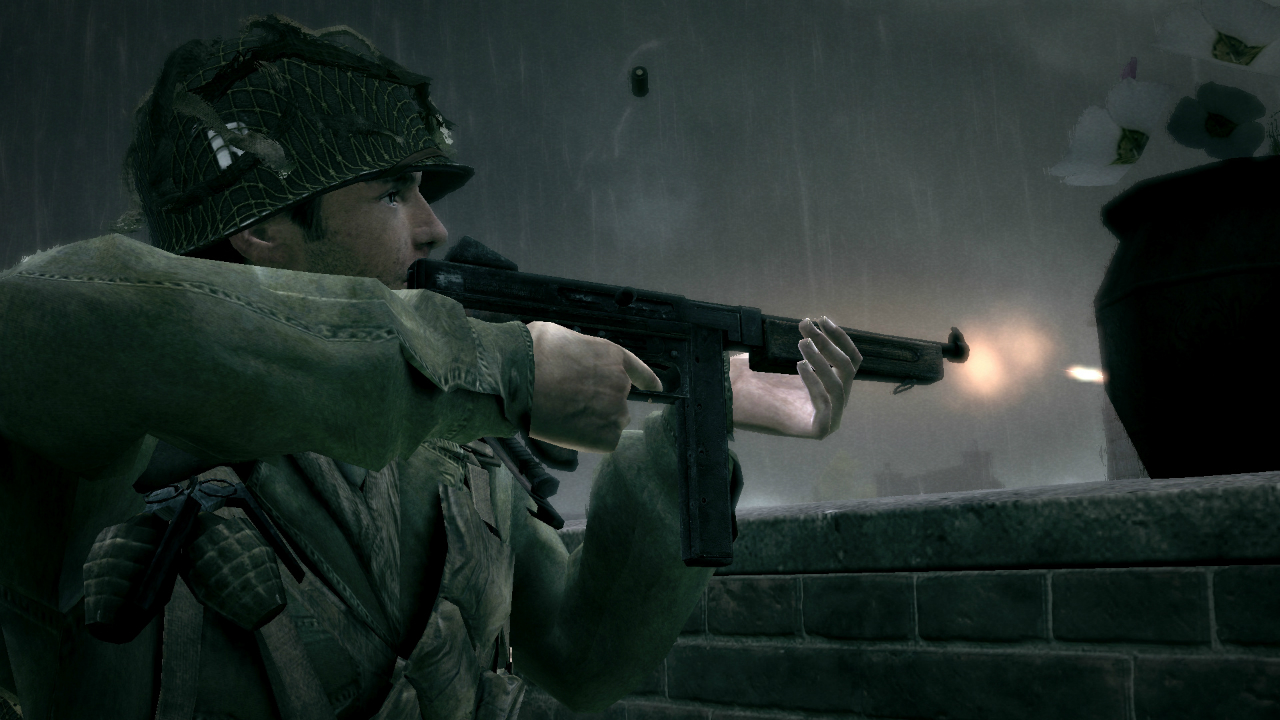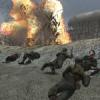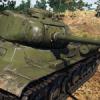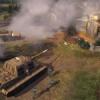“Legget, don’t ever tell anyone what you’ve just told me.”
“…Why?”
“Because they’ll kill you.”
Legget doesn’t speak for a while. He just stares at me, not fully comprehending all that he’s told me. At his feet, the bodies of two men, Allen and Garnett, as close as brothers. Hell, in Basic, we’d barely distinguish between the two- it was “Allen and Garnett,” as if the two were an inseparable entity. We sit there a while, each in our own worlds, as the blood slowly drains from Allen and Garnett.
Standing there, I don’t know yet that in a few short weeks Kevin Legget will be dead. He’s speaking to me here and now, with a mouth and a face not yet destroyed by the German tank shell that will end his life. But maybe Legget already knows. Even if he couldn’t point out to me the bullet with his name on it, he knows that it’s on its way. He can sense that all the things he has done, or said, or been, lead only to a little muddy hill outside of the Normandy town of Carentan… a place called Hill 30.
Months later: Legget is gone. The squad has grown - some old faces lost, some new ones lost as well. We’re in Holland now, not far from where we watched the city of Eindhoven burn from German firebombing. We know now that the war won’t be over by Christmas, that many more dark days of blood and terror lie ahead. Now all that’s left is the long, slow drive back.
Then we come to a crossroads, stuck waiting while a convoy of trucks flows by… And in the light of the jeep’s headlamps, I see them - Legget and Garnet and Allen, their bodies as bloodied and mutilated as they were when I last saw them. Their eyes bore into me.
“Guys, there’s something else…”
And for a long time, I talk. I tell the men how Mac sent Allen, Garnett, and Legget out on patrol in the days after the jump on D-Day; how Legget and Allen got into an argument - the two outliers, neither one of them got along with the men, least of all each other. In the middle of a hostile area, the two men tear into each other. Finally, fed up, Legget sucker-punches Allen across the face. Garnett screams at them to keep quiet, and at that moment, a German bullet takes half his face off. Allen runs to him, stabs a Wehrmacht Private through the neck with his bayonet, before the guy’s buddy puts a bullet in his chest.
He’s bleeding pretty bad then, crawls back to where Garnett lays. Allen grabs his M1 from where it fell, and blows the second German away. A third soldier appears, but his rifle jams. Pleading, the man kneels on the ground with his rifle above his head, but Allen shoots him dead too. According to Legget, Allen’s last words were “I’m sorry, Kevin.”
And that’s how Legget- the man who saved us all on Hill 30- killed Allen and Garnett.
***
Of all the dead games series to bring back to life, you might find me rooting for someone to revive the original story of Matt Baker and his paratroopers from Brothers in Arms.
The Brothers in Arms series by Gearbox Studios felt like it never had the chance to get off the ground. The three games released by Gearbox suffered from poor timing and an awkward release schedule- after the release of Brothers in Arms: Road to Hill 30, the sequel Earned in Blood followed less than a year later. Only trouble was, most of Earned in Blood was more or less a rehash of the first game- you fought through some of the exact same missions as in Hill 30, albeit from the perspective of “Red” Hartsock. That seemed a little rich, even if the enemy AI and squad controls received some small-but-significant upgrades.
The third game in the original series - Hell’s Highway - was finally released in 2008. It’s that gap, I think, that sealed the series’ fate.
By the time of Hell’s Highway’s release, the industry had moved on. WWII shooters were officially yesterday’s news. In some ways, it’s ironic: how could Gearbox have known when they began development that WWII shooters’ popularity would tank? In a very literal sense, the series was a victim of future shock, the talk of the town while in development, but old news by the time of its release.
In reality, however, the Brothers in Arms games had a lot to offer - excellent squad-based combat that relied on real infantry tactics, and a compelling story about the impact of war on men’s lives. The latter is, I think, the series’ lasting contribution.
One of the oft-discussed symptoms of combat-induced PTSD is a recurring flashback to a specific moment. It’s hard not to be reminded of this while playing any of the Brothers in Arms games, partially because the games have you revisit many of the same images and missions over and over.
In the opening scene of the first game, we see Legget killed as he fires blindly at a German tank, standing out in the open.
In the second game - Earned in Blood - Red sees the same scene, only he reveals to his superior during a debriefing that Legget was responsible for saving the men by radioing in their position to nearby American tanks. This appears somewhat contradictory at first - that Legget simply lost it, and killed himself by proxy.
Finally, in Hells Highway, Baker reveals the missing part of the puzzle. Days before the defense of the hill, Legget was directly responsible for the deaths of Allen and Garnett.
We see these images over and over, play through the same engagements from multiple perspectives, and eventually, it’s hard not to see how the war has taken more than just a physical toll on the men of Baker’s squad. It’s taken a very real mental and emotional toll as well, stretching them until they snapped.
Taken as a whole, Legget’s story is something of a reflection of how the war has affected Matt Baker. It’s also dangerous - Baker’s inability to cope with Legget’s guilt and death puts his men at risk. This isn’t helped by Baker’s deteriorating sanity; he literally begins seeing Legget in the faces of dead German soldiers.
It’s fitting then, in a way, that the opening scene of the series is Legget being killed, and the last is Baker arguing with what he knows is a false vision of Legget, brought on only by his delusional mind. The path of war has taken it’s toll on Matt Bake. But like Kevin Legget, his story remains unfinished and unclear.
Perhaps that’s a fitting end to a story about the cost of war.








